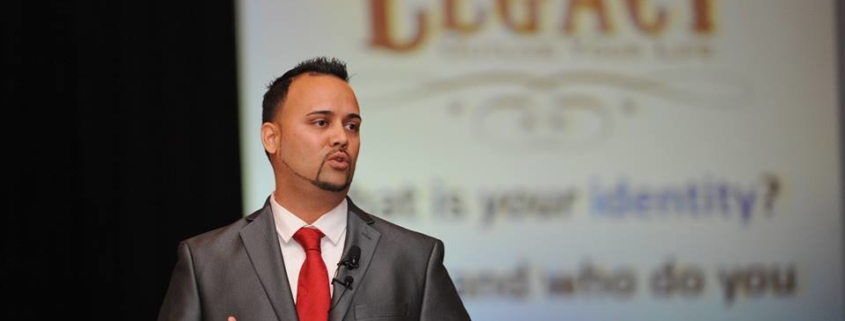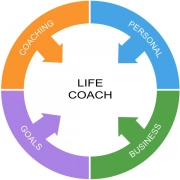Ethical Considerations for Life Coaches
Ethical Considerations for Life Coaches
Introduction
Life coaching is a rapidly growing profession that aims to help individuals improve their personal and professional lives through goal-setting, behavior modification, and emotional support. As the demand for life coaches continues to rise, practitioners must be aware of the ethical considerations essential to the successful practice of life coaching. This article will explore the importance of ethics in life coaching, key ethical issues to be mindful of, and ethical considerations for life coaches.
Importance of Ethics in Life Coaching
Life coaching is built on trust and confidentiality. Clients who engage in life coaching expect their coach to maintain their privacy and not disclose their personal information to others. To build trust and establish a safe environment, life coaches must adhere to strict ethical standards and maintain a professional demeanor.
Responsibility to Clients
As a life coach, you are responsible for your client’s emotional and physical well-being. You should never engage in behavior that is harmful or could put your clients at risk. This means avoiding relationships that blur the lines between coach and client, providing appropriate guidance, and being mindful of your client’s limitations and capacities.
Professionalism and Integrity
Professionalism and integrity are critical components of ethical life coaching. Life coaches must always act in the best interests of their clients and not engage in any practices that could be considered unethical or damaging. This includes avoiding conflicts of interest, providing accurate and helpful information, and upholding the highest standards of confidentiality.
Key Ethical Issues in Life Coaching
There are several key ethical issues that life coaches must be aware of, including:
- Dual Relationships: Life coaches must avoid dual relationships with their clients, as this can compromise the coach’s objectivity and professional judgment. For example, it’s not appropriate for a life coach to also serve as a therapist or counselor to the same client.
- Informed Consent: Life coaches must obtain informed consent from their clients before beginning coaching sessions. This means that clients must be made aware of the purpose, goals, and limitations of the coaching relationship, and they must agree to the terms of the coaching relationship.
- Conflicts of Interest: Life coaches must avoid conflicts of interest that could compromise their professional judgment. This includes avoiding relationships with clients that may lead to financial gain or other personal benefits.
- Unlawful or Harmful Advice: Life coaches must never provide advice that is harmful or illegal. For example, advising a client to break the law or engage in unethical behavior would be considered harmful advice.
Ethical Considerations for Life Coaches
To ensure that they are providing ethical life coaching services, life coaches should consider the following ethical considerations:
- Understanding and Adhering to Professional Standards
Life coaches should familiarize themselves with the ethical standards and codes of conduct set forth by professional organizations, such as the International Coach Federation (ICF). They should also adhere to these standards and make ethical decisions in their coaching practice.
- Ongoing Education and Self-Reflection
Life coaches should continuously educate themselves on ethical issues in life coaching and engage in self-reflection to ensure they are acting in the best interests of their clients. This may include seeking supervision or consultation with other life coaches or therapists.
- Seeking Supervision and Consultation
Life coaches should seek supervision and consultation from other life coaches or therapists to help them navigate complex ethical dilemmas and to improve their coaching skills.
- Dealing with Ethical Dilemmas
Life coaches may encounter ethical dilemmas in their practice. When this occurs, they should seek professional organizations’ guidance, supervision or consultation, or consult with legal counsel as appropriate.
Conclusion
Ethics play a critical role in the practice of life coaching. By understanding the importance of ethics, key ethical issues, and ethical considerations, life coaches can provide their clients with the support and guidance they need to achieve their goals. By committing to professional standards, ongoing education, and self-reflection, life coaches can ensure that they are providing ethical and effective life coaching services.
In conclusion, life coaches need to prioritize ethics in their practice. Doing so can build trust with their clients, provide quality services, and establish themselves as professionals in the field. By being mindful of ethical considerations and making ethical decisions, life coaches can help their clients achieve their full potential and live fulfilling lives.








